I'm trying to implement a 16-CRC [DNP] using c#, the generator polynomial is given as

I found a standard solution for 16-crc : [ Source ]
public class Crc16
{
const ushort polynomial = 0xA001;
ushort[] table = new ushort[256];
public ushort ComputeChecksum ( byte[] bytes )
{
ushort crc = 0;
for ( int i = 0; i < bytes.Length; ++i )
{
byte index = ( byte ) ( crc ^ bytes[i] );
crc = ( ushort ) ( ( crc >> 8 ) ^ table[index] );
}
return crc;
}
public byte[] ComputeChecksumBytes ( byte[] bytes )
{
ushort crc = ComputeChecksum ( bytes );
return BitConverter.GetBytes ( crc );
}
public Crc16 ()
{
ushort value;
ushort temp;
for ( ushort i = 0; i < table.Length; ++i )
{
value = 0;
temp = i;
for ( byte j = 0; j < 8; ++j )
{
if ( ( ( value ^ temp ) & 0x0001 ) != 0 )
{
value = ( ushort ) ( ( value >> 1 ) ^ polynomial );
}
else
{
value >>= 1;
}
temp >>= 1;
}
table[i] = value;
}
}
}
Now, If I convert my polynomial I get 1 0011 1101 0110 0111 => (3D65)h & my question is what do I need to change to work the above solution for the given polynomial.
Edit: I also need to consider two things,
1) The initial value will be 0 &
2) The final CRC has to be complemented.